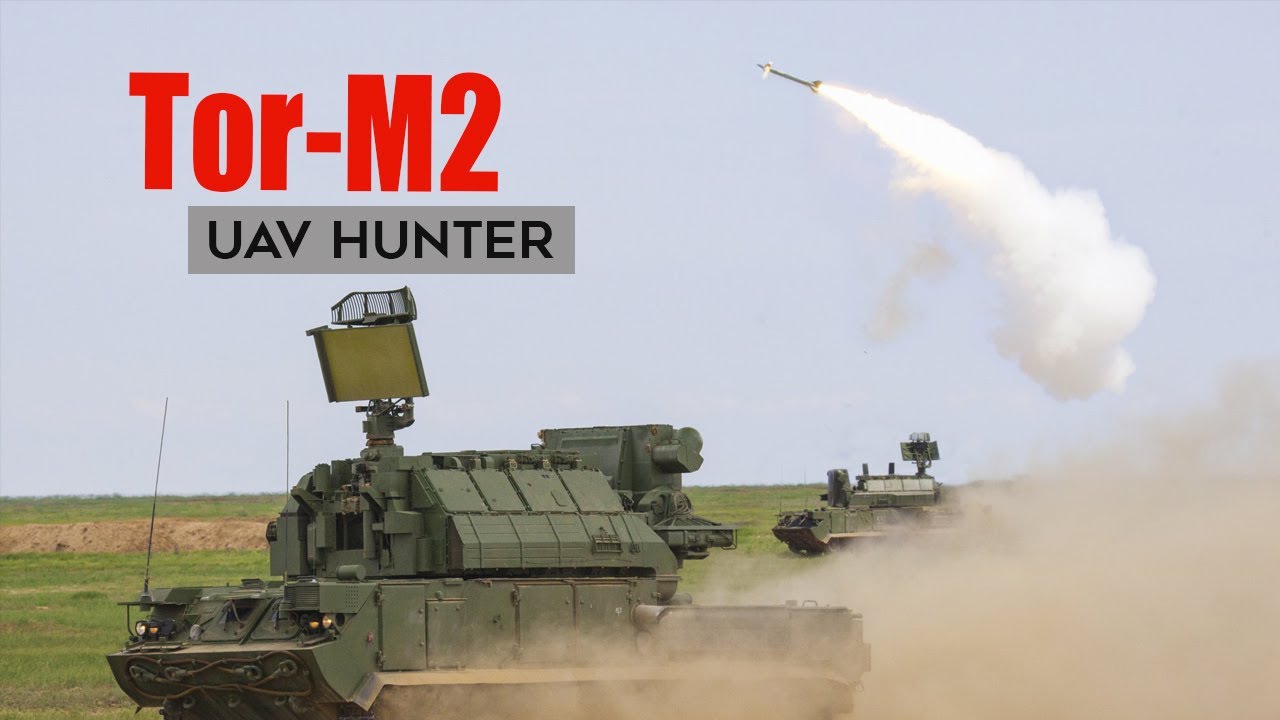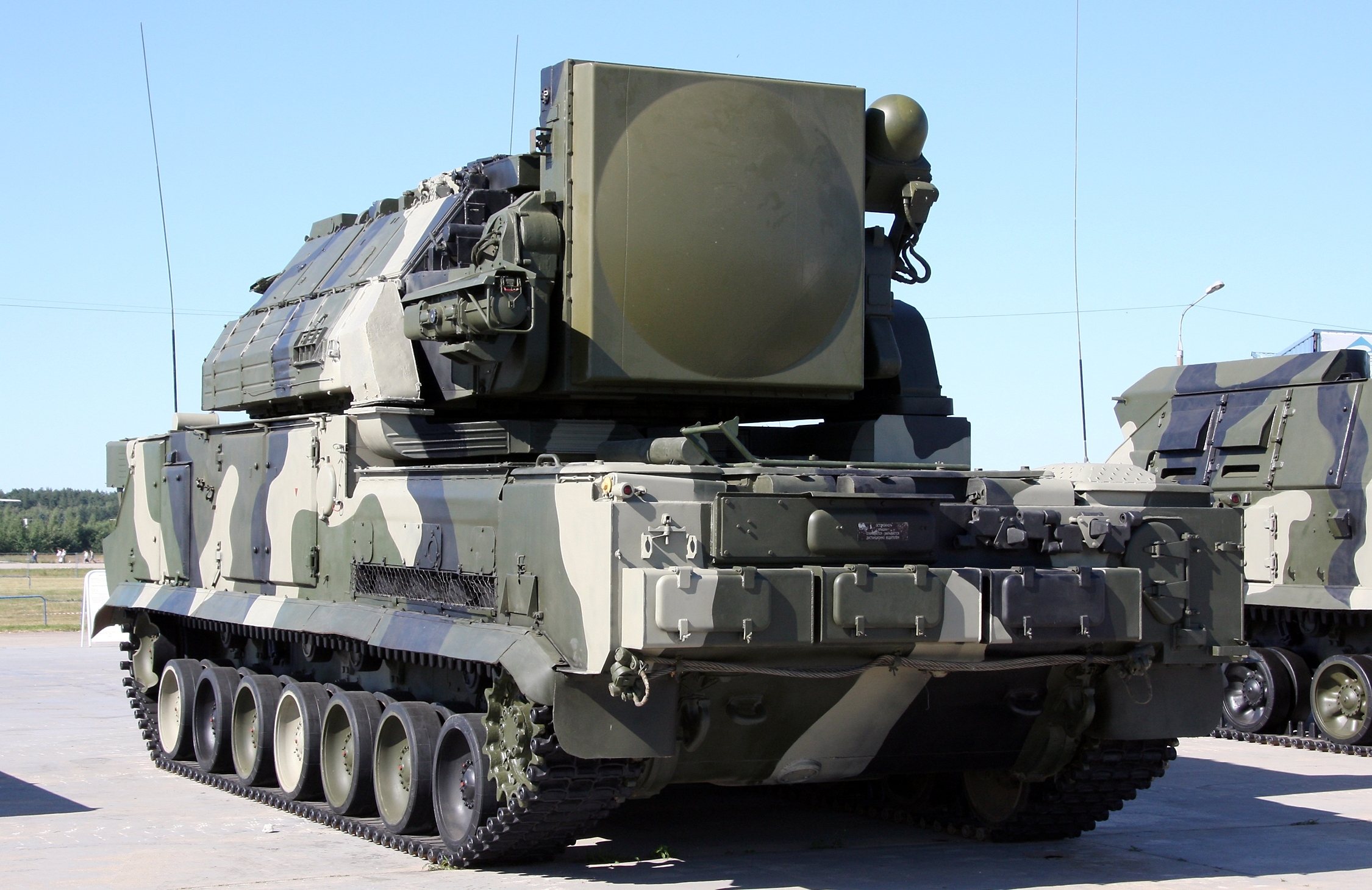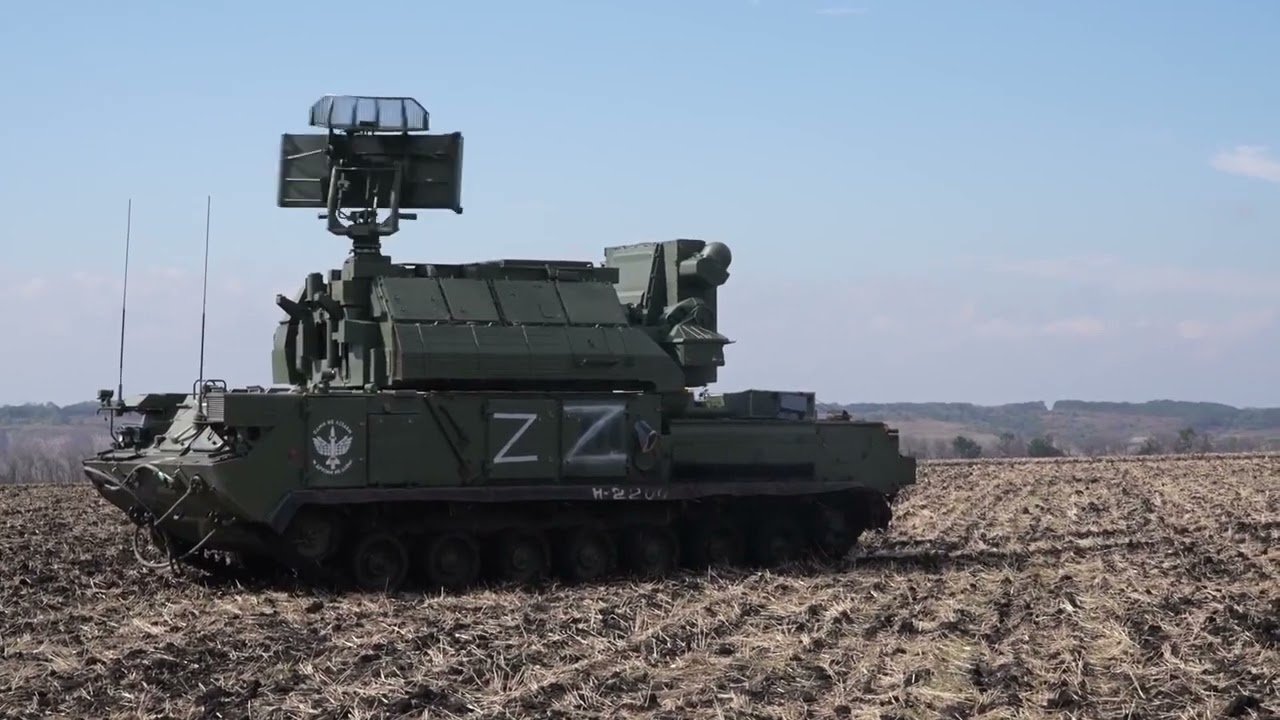
A recent image circulating online has ignited controversy, showing a Russian Tor-M2KM air defence system in Armenian camouflage colours. Armenia reportedly paid for this advanced air defence system, which it has yet to receive. Clash Report asserts that these systems, originally intended for Armenia’s military, are now in Russian use, sparking outrage and disappointment among Armenian officials and citizens.
This issue underscores Armenia’s longstanding grievances regarding undelivered military equipment from Russia, despite prior agreements. The failure to deliver these assets has deepened Armenia’s frustration with its historical ally and primary arms supplier, especially as Armenia faces increased security threats from Azerbaijan.
Armenia’s Growing Concerns Over Unfulfilled Military Agreements
Armenia’s grievances with Russia are not new. Since 2023, Armenia has repeatedly accused Russia of withholding critical military equipment, including ammunition and modern defence systems. The breakdown in military cooperation has placed Armenia in a precarious position, compromising its security needs amid regional tensions. Armenia has expressed its dissatisfaction with Russia’s inability to deliver on multiple contracts, signed years ago, and insists that this failure directly endangers its national security.
Armenia seeks to protect its borders; the lack of these critical systems is a significant blow, leading the government to question Russia’s reliability as a defence partner. In light of these failures, Armenia has been exploring alternative alliances and suppliers, considering options from Western countries and Iran to secure its defence requirements. Meanwhile, Russia claims that logistical issues and defence industry complexities have delayed deliveries, but these explanations have failed to placate Armenian officials or citizens.

Unmet Defence Obligations Amid Geopolitical Strain
Armenia is not alone in its experience. Russia has faced similar accusations from other countries, alleging that Moscow is redirecting military resources to its conflict in Ukraine, where intense fighting has increased its demand for advanced weaponry. Reports indicate that Russia has repurposed military equipment initially bound for nations such as India, Venezuela, and Syria, redirecting these assets to the Ukrainian frontlines.
Syria, for example, was supposed to receive S300 air defence systems, but there were severe delays in replacing missiles and critical components. These cases reveal a larger pattern of unfulfilled defence commitments, which fuels dissatisfaction among Russia’s military partners.
The Importance of the Tor-M2KM System to Armenia
The Tor-M2KM air defence system, which Armenia reportedly paid for, is a short-range system designed to protect valuable assets from aerial threats, such as drones and missiles. It is an advanced mobile defence solution, well-suited to Armenia’s military needs.
The system uses the 9M338 missile, a powerful, high-precision missile capable of engaging various airborne threats at close range. The Tor-M2KM’s features, including multiple radar systems and electronic countermeasures, make it highly effective against modern, agile threats.
Russia’s failure to deliver this key asset has left Armenia vulnerable, particularly after the recent escalation in Nagorno-Karabakh. For Armenia, the Tor-M2KM could provide essential coverage against potential attacks, underscoring the strategic importance of these systems.
Russia’s Possible Redirecting of Military Assets
Armenia’s Shift Toward Alternative Defence Partners
With its national security in doubt, Armenia is now exploring other defence partnerships to ensure its readiness. Russia’s failure to provide contracted defence assets has driven Armenia to seek alliances with Western countries, as well as with Iran, in its quest to fulfil its military needs.
This pivot reflects Armenia’s dissatisfaction with Russia’s support and its need to diversify its sources of military supplies. Russia was once Armenia’s most trusted defence partner, but the ongoing conflict and its unmet obligations are straining that bond.

The Broader Implications of Russia’s Defence Shortcomings
Russia’s inability to deliver the TorM2KM system to Armenia is indicative of a larger issue within its defence commitments. The strain on Russia’s resources, coupled with its commitment to the Ukraine conflict, has resulted in the redirection of military assets and unmet contracts with foreign nations. For countries like Armenia, this situation raises questions about Russia’s capacity to fulfil its international agreements.
As Armenia and other nations begin to reconsider their military alliances, the outcome could signal a shift in regional dynamics. Russia’s former allies may turn toward new partnerships, potentially reshaping the balance of military influence in the region.
The Tor-M2KM System: A Key Element in Modern Air Defence
Tor-M2KM is a critical component of Russia’s modern air defence capabilities, valued for its ability to engage low-altitude threats with precision. Equipped with the 3RS24 “Zarya” radar, this system can detect small, fast-moving targets, such as drones or missiles, up to 30 kilometres away. Its resilience to electronic interference makes it especially valuable in today’s warfare environments, where electronic disruption is common.
The system also integrates a 3D radar for missile guidance, enhancing its target acquisition capabilities. The combined radar systems enable rapid threat detection and response, allowing the Tor-M2KM to launch missiles within seconds of detecting a target. This capability is essential for countries like Armenia, where rapid responses to threats are vital for national defence.
Conclusion: Russia’s Defence Obligations Under Scrutiny
The dispute over Russia’s use of Armenian-paid, undelivered TorM2KM systems reveals flaws in their defence commitments. Russia’s refusal to honour its contracts has damaged its ties with Armenia. Armenia now questions Russia’s reliability as a trusted military partner.
Armenia is seeking new alliances and exploring alternative defence supplies. This case could encourage other nations to reconsider their reliance on Russia’s defence industry. It highlights the value of dependable military partnerships in uncertain times. Unmet obligations carry serious consequences during periods of geopolitical tension. Armenia’s experience is a warning for any nation dependent on a single defence supplier.
References
- Defense News: Russia’s military supplies and shifting alliances
- BBC News: Armenia’s security concerns amidst regional tensions
- Conflict Armament Research has published a report titled “The Reallocation of Russian Military Equipment to Ukraine”.







